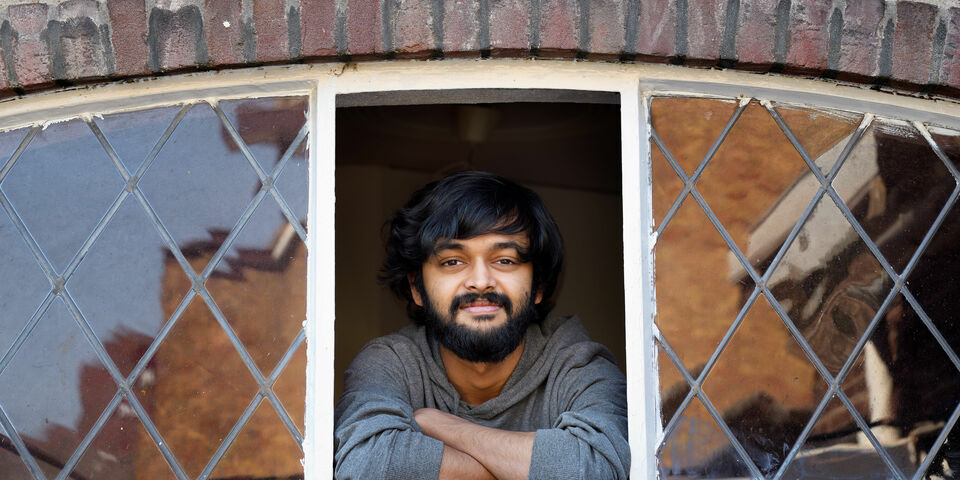I Doubt That
If there’s a Dutch proverb that I think about often, it has to be “meten is weten”. To measure is to know. The puritanical needlepoint-friendly version is Bernard Fisher’s “In God we trust. All others [must] have data.” But over the course of this PhD research stint, I have often found myself wondering how much meten is sufficient for weten.
As an experimentalist, the whole premise of the profession is to develop an idea and perhaps more importantly, actually test it in the physical world. Whatever comes out is the truth, or in the worst case its nearest cousin. Which means no hypothesis or calculation can trump the outcome of a well-executed experiment (should the experiment be physically viable). Meten is the post we prop ourselves on.
But this nurturing to be hands-on professional skeptics can have consequences in the real world. Often, this attitude has made me outright reject ideas postulated by those not involved experimentally in projects, at times colleagues and even supervisors. A healthy cynicism for what’s published in the literature also stems from the same root. At other instances, designing and executing the “perfect” experiment has cost weeks/months of going down the rabbit hole, only to find an answer which someone relatively familiar with the subject, having not moved an inch from their desk, would have scoffed as elementary.
But I realize that the way we interpret “meten is weten” has a lot to do with the confidence we communicate our work with. And to be persuasive, it is not sufficient to just conduct experiments but to push the ideas; often, the numbers may not matter as much as the argument. That has to do, in part at least, with science’s obsession with personality and cult-status. Stature can substitute for substance. Linus Pauling, for instance, was an infamously strong advocate for vitamin C for a variety of ailments when the experimental evidence was thin. But what plays an outsized role in this balance of meten and weten is doubt, a mild infection in the first couple of years as naïve graduate students but certainly endemic a few years in.
In small doses, doubt, mixed generously with curiosity, forces us to explore new unfamiliar territory since it guarantees a feeling of insufficient weten. In my experience, treating everyday as day 1 helped me adopt new ways of looking at things and seeking out people who know better. But left unchecked, a deluge of uncertainty can ignite a dangerous cycle in and out of imposter syndrome that no amount of meten can salve. It takes an incredibly supportive environment, co-workers and beyond, as remedy to bring back that healthy state of skepticism, one that challenges us just the right amount to set our ship sail, and where we can, from time to time, weten without meten.


Discussion